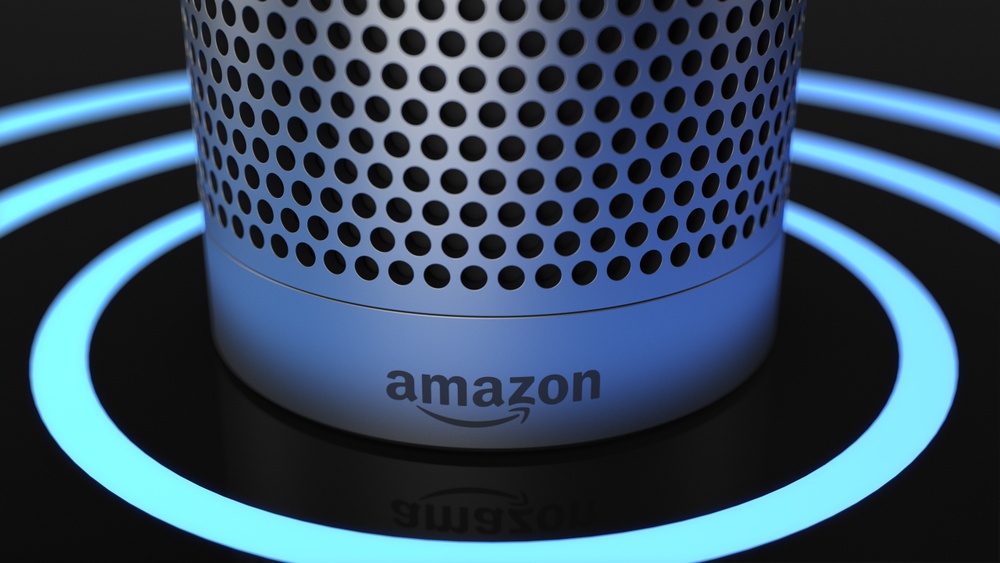



Get new exclusive access to healthcare business reports & breaking news




Believe it or not, the core of the Amazon Echo device in your kitchen just might be the catalyst that upends the entire healthcare industry. While Amazon is reluctant to say much about this move into healthcare, this is really stating the obvious, especially in light of what this device has done to retail!
At the same time, it would seem that most healthcare professionals are still unfamiliar with the benefits of voice technology and the relevance of Alexa in healthcare. In other words, Amazon Echo is capable of some truly amazing things and this potential is increasingly obvious in the healthcare industry.
In this article, we take a look at how Alexa is revolutionizing the healthcare industry:
Amazon has a clear and vested interest in healthcare. With one of the largest workforce’s on the planet and major financial backing, the e-commerce giant has already invested heavily in the space and created a series of novel healthcare solutions.
In fact, Amazon, J.P Morgan and Berkshire Hathaway recently announced that the firms would be working together to cut healthcare costs. What’s more, Amazon acquired PillPack just a few months later, an online pharmacy that sorts medications and delivers them to the home of consumers across forty-nine states. As if that’s not enough, Amazon Web Services recently joined forces with the National Institute of Health’s Technology Research to link biomedical researchers with their counterparts all over the world.
Now, these are merely a few of many examples of Amazon’s move into the healthcare industry. Also, I should point out that Amazon already filed for a license in wholesale pharmaceuticals and has more than enough logistical support to cater for these online medicinal orders.
After all, Amazon doubled the number of research scientists working on Alexa over the past year and internal sources have confirmed that there is now a dedicated “Health & Wellness” division. In short, this team is currently focused on specific areas such as diabetes management and care for mothers with newborn children but there are also plans to expand these efforts.
While it yet to speak about this team in public, this is the first of many indications that Amazon is preparing to make some major moves in healthcare. As with the Amazon Echo for home and Alexa for Business, this move would enable Alexa devices and third-party apps to manage sensitive patient data.
In case you might be asking yourself, this is also why Amazon has likely delayed or avoided any talk about this matter as the laws surrounding the healthcare industry are notoriously complex. Either way, I think it’s fair to say that Amazon is just as interested in revolutionizing healthcare as it is with the home.
But what does this technology look like in healthcare?
Amazon Echo refers to the smart speakers and devices that enable users to connect to a voice-controlled personal assistant called Alexa. While these devices are best known for their use at home, Amazon has taken steps to integrate Alexa and voice technology into the workplace. With this in mind, Alexa-enabled devices can be placed strategically in a healthcare institution to assist patients or medical professionals.
On the other hand, Alexa Skills can also be downloaded which enables personal device owners to access valuable tools, information and services from anywhere, at any time.
Just so you know, “Alexa Skills” refers to the applications that can be used to perform specific tasks with an Alexa device. After downloading an Alexa Skill, users can then control this device with their voice and make hands-free requests by saying things like “Alexa, what time is it?” – you get the idea!
Sugarpod is a diabetes care plan by Wellpepper that won the “Alexa Diabetes Challenge” by Amazon. This app allows patients with type 2 diabetes to integrate new routines to improve and streamline their daily activities. As part of the process, a hardware device is used to perform frictionless scans to monitor potentially dangerous symptoms. In fact, integrating voice technology enabled Wellpepper to simplify the process for patients by breaking down various activities related to type 2 diabetes management and delivering them in a much more interactive way.
Libertana Home Health Care have used an Alexa-based online app to help nurses to be more attentive to their elderly clients. With the companion app, the nurse can quickly check if a patient has taken their medication and even provide family members with the same access for their loved one. With this in mind, Alexa is streamlining routine tasks for caregivers and providing peace of mind to family at the same time.
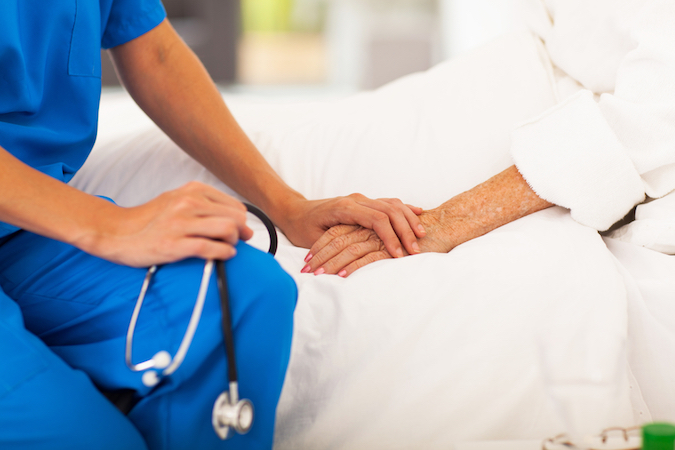

Aiva is a startup in Los Angeles that uses an Alexa-powered platform to help patients interact with nurses and control in-house entertainment. Using this platform, patients can ask Alexa to change channel or turn on/off the television and call the nurse for assistance with their mobile phone. While this process enables the patient to get assistance quickly, many experts believe the interactive nature of voice technology can also alleviate loneliness for some patients.
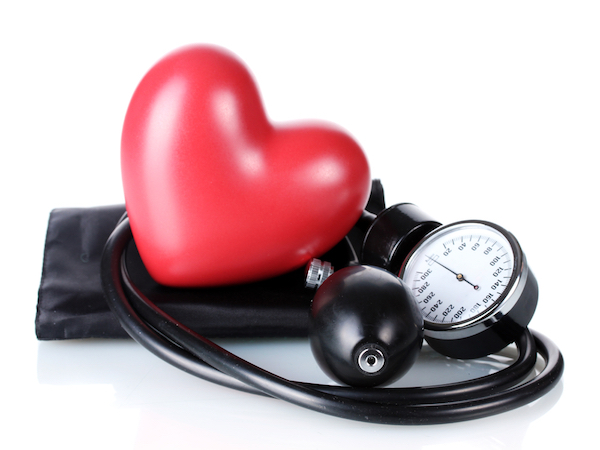

At a time when life can seem increasingly busy and stressful, Omron has launched a sensational watch called “HeartGuide” (see our HeartGuide review here) that can calculate blood pressure and communicate these readings with an Alexa skill. What’s more, this watch is FDA approved and has already won numerous awards from various technology websites. Note that we’ve also included the HeartGuide on our top Editor Choices for a Pedometer in 2019.
While blood pressure is a very serious and major health issue, the Heartguide watch is also a cardiovascular health technology and another indication in terms of the potential of Alexa skills.
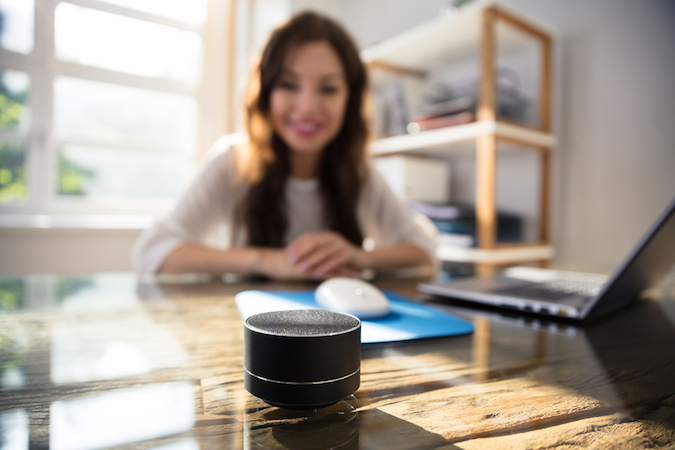

Liberty Mutual Insurance has created the first Alexa-based service in the insurance industry, a voice service that enables customers to navigate the insurance process using voice only. With the new Safeco and Liberty Mutual Alex skill, users can request a quote and navigate various FAQ sections about the insurance process.
While this inevitable helps streamline the process for users, the insurance company can save ample time and money by outsourcing this common task which is most often reserved for customer support agents.


Mayo Clinic had also created a new Alexa skill which provides instant access to first-aid information. As part of the skill, users can receive self-care instructions and quick answers from reliable sources on any Alexa-enabled device. Simply put, the user can say things like “Alexa, ask Mayo First Aid how to treat a burn” and immediate answers are made available via the Alexa voice assistant.


OhioHealth Urgent Care services allows patients to ask Alexa-enabled devices about the locations and wait times for OhioHealth Clinics. After downloading the skill, patients can also retrieve contact information for specific departments in each clinic which inevitably saves both time and stress, while helping each institution manage the influx of patients to the clinic.


Cleveland Clinic has created an Alexa skill that provides daily health tips to patients along with the news, weather and other daily information. Although this might be considered quite a minor advancement, Cleveland Clinic has stated that this is one of many voice-services they intend to integrate for patients.
DR AI by Health App is an Alexa-enabled “personal physician” which uses advice and information from thousands of qualified doctors to engage with patients about their symptoms. Although this skill uses existing data to provide advice, the app is also capable of using deep learning techniques to help users identify certain health issues. After sharing symptoms with the app, users are also provided with a recommended course of action and specific suggestions in terms of what might be the problem. As the space evolves, we should fully expect many more skills to be created which demonstrate the power of artificial intelligence in pharma.
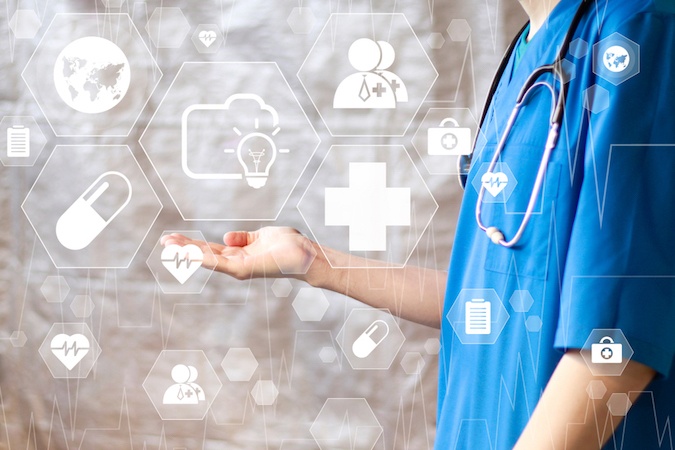

Brewster Ambulance Service in Massachusetts has also been using Amazon Alexa to provide medical assistance to ambulance personnel. However, these small devices are not the primary source of care or reference but rather an important backup that can help EMTs get the job done. When you consider the sensitive and urgent nature of what happens in an ambulance, the time saved in a situation like this is often a matter of life and death, literally.
Needless to say, it’s still very early days for Alexa skill development and voice technology in healthcare, and the above devices, skills and concepts are merely the start of a digital transformation. At the same time, this also indicates much greater changes are on the way. And Alexa is certain to be at the center of these advancements.
As you can see, statistics and trends are also showing a clear increase in the use of Alexa and voice technology in general. In fact, recent studies show that more than 23% of European doctors are using Alexa for various tasks and many healthcare companies are already deploying voice technology in real-life scenarios.
When you think about it, the hands-free nature of voice technology is crucial for healthcare as medical professionals most often wear gloves and Alexa enables them to perform certain actions without taking off the gloves. In the case of Brewster Ambulance Services, the ambulances carry extensive resources of medical manuals and Brewster has created a standard voice-based care reference document which allows EMTs to keep their gloves on in what is most often an emergency situation.
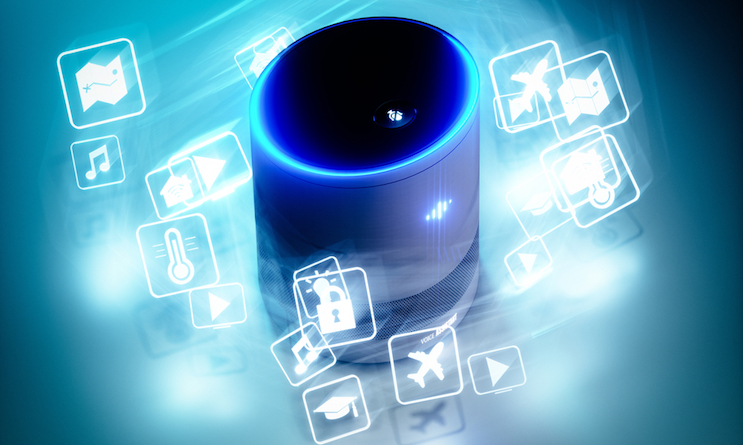

While we may often think about the use case of voice technology attending to patient concerns, the future of voice technology is certain to revolutionize every other aspect of healthcare.
For example, medical notes is one of the most frustrating and time-consuming tasks in healthcare. Alexa can be used to take down these medical notes and save doctors the precious time it takes to write reports. After all, most humans can only type at 38 words per minute, while we can also speak at more than 150.
As you can imagine, this time-saved will also provide many advantages and enable doctors to see more patients, make more money and reduce the waiting time in the process.
Furthermore, having Alexa-enabled devices in the office will also allow doctors to record meetings and there are much wider implications when it comes to Voice Search Optimization. That is to say, there must surely come a time when Alexa can suggest medication or a specific course of action and every pharmaceutical company under the sun will want to be the first suggestion to make waves in the doctor’s office.
But that’s another story for later down the road…
In many ways, the greatest paradigm shift in healthcare will relate to personalized care. Fully compliant devices with mass adoption – such as smart speakers, smartphones smart cars – will create an immense shift, from asking a voice assistant about the cause of a sudden headache to understanding the most suitable medication, no matter where that person is at any time of day. It might seem rather advanced at this moment in time, especially while Amazon remains coy about speaking on the issue, but Amazon is already heavily invested in the space and likely positioned to make moves a lot sooner than we know.
Anyway, the point is, Amazon is quite clearly looking to upend the healthcare industry and there is every reason to believe that Alexa will do the talking sooner rather than later – just look what she did to retail!